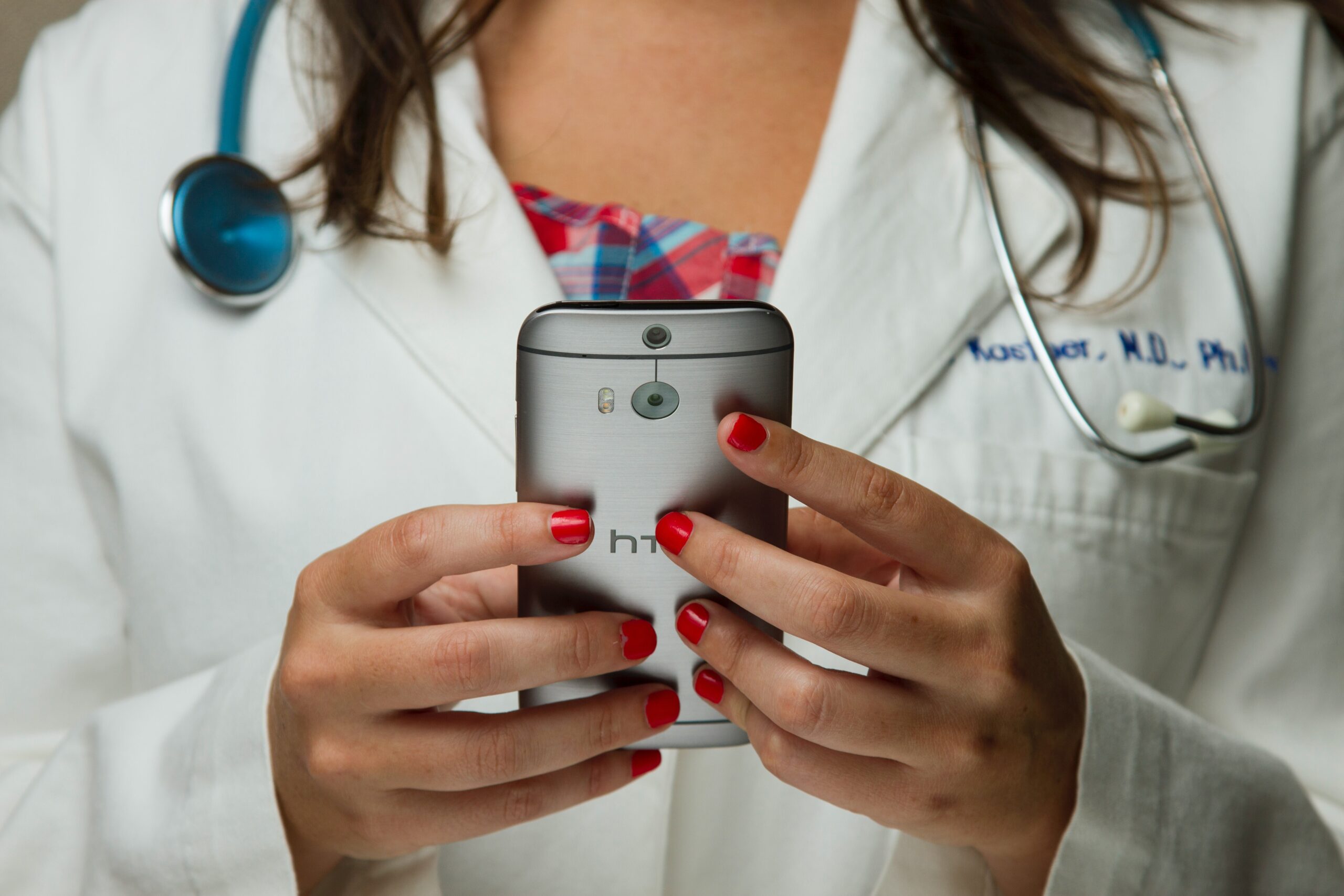How can you get a better handle on your pharmacy’s inventory? Today, RFID for healthcare is the best way to track your hospital’s drug supply chain from source to patient.
What is RFID in Healthcare?
According to the U.S. Food and Drug Administration, Radio Frequency Identification (RFID) is defined as a wireless system consisting of tags and readers.
- Readers are devices with one or more antennas, emitting radio waves and receiving signals from the RFID tag.
- RFID Tags use radio waves to communicate their identity and other information to nearby readers and can be battery-powered.
RFID tags in healthcare are used for hospital inventory management because they’re able to store a significant amount of data, whether it be a single serial number or several pages of material. Mobile RFID readers and RFID-enabled scanners provide value in agilely managing inventory control.
What’s the difference between RFID Tags and Barcodes?
The main difference between RFID and Barcoding is that while barcode scanners require you to scan each item individually, RFID scanners can scan multiple tags at once.
See a more detailed breakdown below:
What’s the difference between RFID Tags and Barcodes?
The main difference between RFID and Barcoding is scanning capability and durability. Here’s a detailed comparison:
| Feature | RFID Tags | Barcodes |
|---|---|---|
| Scanning Method | Can scan multiple tags simultaneously | Must scan each item individually |
| Scanning Accuracy | No duplicate scanning issues | Prone to duplicate scanning errors |
| Durability | Challenging to destroy; functions even when damaged | May not function if bent, scratched, marked, or disfigured |
| Read Range | Can be read from several feet away | Requires line-of-sight proximity |
| Data Capacity | Can store significant amounts of data | Limited to basic identification |
When barcodes make sense in healthcare
Because RFID tags are a more powerful technology, it may sound like they’re your best option for anything related to healthcare inventory management — but there are certain cases where barcodes are preferable. Suppose you have one dose of Klonopin that a patient needs. If your pharmacist uses barcodes, it would receive the order from the prescribing physician, scan the badge of the nurse administering the medication, and then also scan the dispensed drug dosage. Conversely, if your pharmacist used an RFID scanner, it may identify multiple doses of various drugs in your pharmacy, resulting in problems for your inventory control.
RFID retail success is applicable to hospitals and pharmacies
Retail Info Systems reports that Zara-owner Inditex has worked to produce a “post-pandemic digital future” for the retail brand, adapting to an RFID-driven, digital-first model. This has enabled the company to accomplish :
- improved garment tracking
- integrated inventory management
- the ability to track consumer demand with no time lags
- the ability to manage stocks efficiently and remotely
Other retailers, including Levi’s, cited an increase in sales as well as “98% inventory accuracy in stores where RFID is fully operational.”
RFID is the future for retail. Let’s see how this translates to healthcare organizations.
The Opportunities for RFID in Healthcare
Researchers at the University of Arkansas cited various cases and opportunities for RFID in healthcare being explored already:
- ClearCount Medical Solutions’ SmartSponge System that tracks surgical sponges to prevent foreign objects (sponges) from being left inside patients during surgery
- Digital Angel and VeriChip proposed a potential solution to monitor glucose levels in diabetic people and animals
- Eastman Kodak patented the use of printed RFID to monitor patients in hospitals and at home on pill consumption and absorption
- Automated hand washing systems at Resurgent Health and Medical to prevent infections
- Arkansas researchers identified RFID healthcare provider opportunities that would reduce asset shrinkage, ensure proper equipment servicing, manage inventory, track patient flow, and reduce medical errors, among other concerns.



